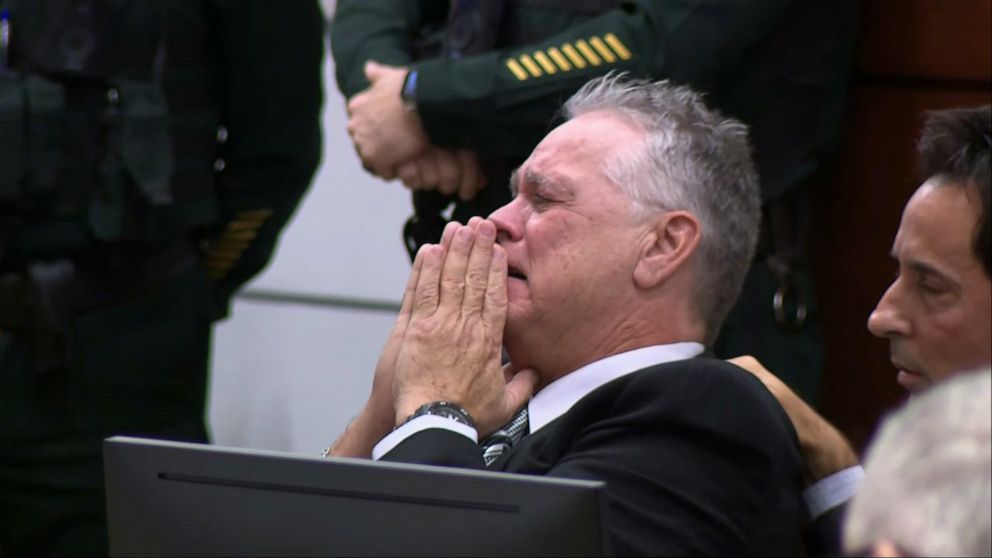Scot Peterson, the former school resource officer at Marjory Stoneman Douglas High School in Parkland, Florida, has recently been acquitted of all charges related to his response during the tragic shooting that took place on February 14, 2018. Peterson had been accused of failing to intervene and fleeing the scene while students and staff were being targeted by the shooter. The acquittal has sparked a significant amount of controversy and debate regarding the responsibilities of law enforcement officers in such situations.
On that fateful day, a former student entered the school premises armed with an AR-15 rifle and opened fire, resulting in the deaths of 17 people and injuring many others. Peterson, who was the only armed officer on campus, was criticized for not confronting the shooter and instead taking cover outside the building. His actions, or lack thereof, were captured on surveillance footage and quickly became a focal point of public outrage.
Following the incident, Peterson faced multiple charges, including child neglect, culpable negligence, and perjury. Prosecutors argued that his failure to act directly contributed to the loss of lives and injuries sustained during the shooting. However, after a six-day trial, a jury found Peterson not guilty on all counts.
The defense team argued that Peterson’s actions were in line with his training as a school resource officer and that he believed the shots were coming from outside the building rather than inside. They also contended that Peterson’s hesitation was due to his lack of information about the shooter’s location and potential accomplices. The defense further emphasized that it is not the duty of a school resource officer to confront an active shooter but rather to secure the perimeter and call for backup.
The acquittal has sparked a broader discussion about the expectations placed on law enforcement officers in active shooter situations. Some argue that officers should be held accountable for their actions or inactions during such incidents, as their primary duty is to protect and serve. They believe that Peterson’s failure to engage the shooter directly contributed to the loss of lives and that his acquittal sends a dangerous message to other officers.
On the other hand, there are those who argue that officers should not be held criminally responsible for their actions during high-stress situations. They contend that expecting officers to make split-second decisions in chaotic and life-threatening situations is unrealistic. They argue that it is unfair to judge an officer’s actions with the benefit of hindsight and that the focus should be on improving training and protocols to better equip officers in handling such crises.
The outcome of this trial has undoubtedly reignited the ongoing debate surrounding school safety and the role of law enforcement officers in preventing and responding to mass shootings. It raises important questions about the expectations placed on these officers and whether they should be held criminally liable for their actions during such incidents.
Moving forward, it is crucial for policymakers, law enforcement agencies, and communities to engage in constructive dialogue to address these concerns. This includes reevaluating training protocols, enhancing communication systems, and providing officers with the necessary tools and resources to effectively respond to active shooter situations.
Ultimately, the acquittal of Scot Peterson has brought attention to the complex nature of these incidents and the difficult decisions that law enforcement officers must make in high-pressure situations. It serves as a reminder that there are no easy answers when it comes to ensuring the safety of our schools and communities in the face of such devastating acts of violence.



